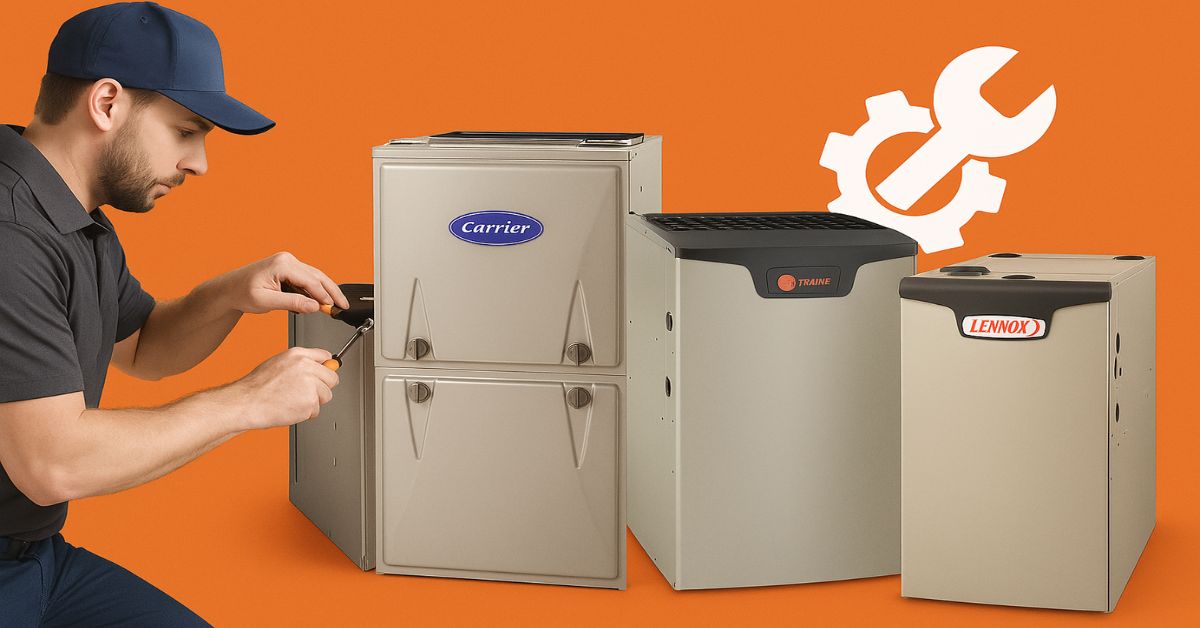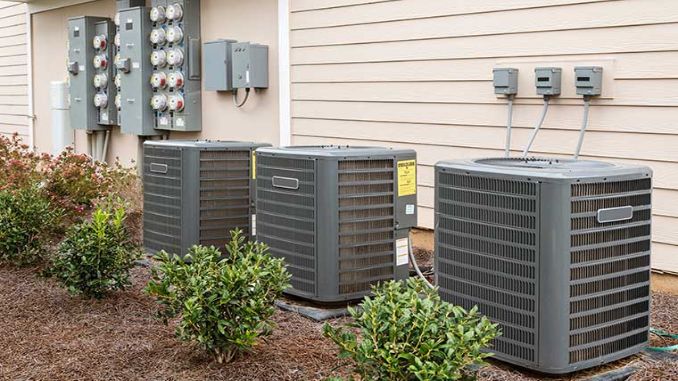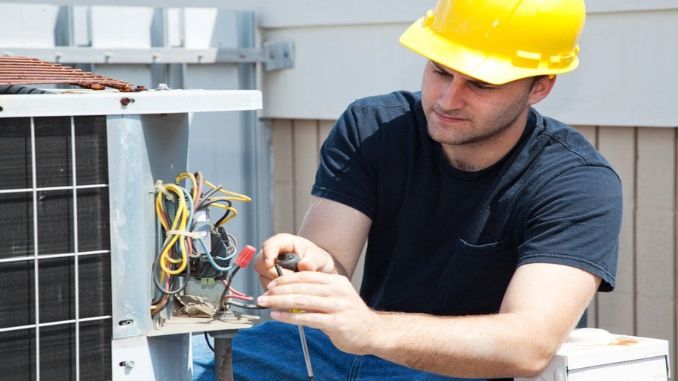How to Choose the Best Furnace for My Home?

Finding the best furnace for your home isn’t just about price—it’s about choosing the right system for comfort, efficiency, and longevity. Whether you’re upgrading or replacing an old unit, this guide walks you through the essential factors, including fuel type, size, brand, and performance.
1. Match the Furnace to Your Home’s Size
The best furnace for my home size depends on your home’s square footage, ceiling height, insulation level, and climate. Installing a furnace that’s too small won’t keep you warm, while an oversized one wastes energy.
Tip: Schedule a professional HVAC load calculation to ensure the unit you choose matches your home’s requirements exactly.
2. Select the Right Fuel Type
Your region and energy costs will influence whether a gas, oil, or electric furnace is most practical.
- Gas: Efficient and cost-effective where natural gas is available
- Electric: Low installation cost, higher monthly bills
- Oil: Good for rural homes, but requires frequent maintenance
Ask yourself: which is the best fuel type furnace for my home? Consider utility costs and system compatibility in your area.
3. Prioritize Energy Efficiency
High-efficiency furnaces lower energy bills and carbon footprint. Look for AFUE ratings of 95% and above.
Modern features to consider include:
- Two-stage heating for better temperature control
- Modulating burners for maximum energy savings
- Smart thermostats for advanced scheduling
To dig deeper, the U.S. Department of Energy provides an excellent guide to furnace efficiency ratings.
The most efficient type of furnace for my home should combine performance and economy to deliver year-round comfort.
4. Pick a Reliable Brand and Contractor
Not all furnaces are created equal. Stick to brands with proven reliability, strong warranties, and good support.
Some top picks include:
- Trane
- Carrier
- Lennox
- Goodman
But more importantly, you should also consider which furnace brand is best for my home long-term—focusing on both product reviews and availability of certified installers.
5. Consider Total Cost of Ownership
Don’t just look at the price tag. Calculate long-term savings by factoring in:
- Upfront cost
- Annual energy use
- Expected lifespan
- Maintenance and repair needs
This helps you determine the most cost-effective furnace for my home over a 10–15 year period.
Summary Comparison Table
| Feature | Single-Stage | Two-Stage | Modulating |
| Efficiency | 80–90% | 90–95% | 95–98%+ |
| Comfort Level | Basic | Moderate | Precise |
| Price | Low | Mid-Range | High |
| Best Use | Budget Installs | Family Homes | Premium Comfort Homes |
Final Thoughts
Choosing the best furnace for home means more than picking a well-known brand. You need to assess your home’s heating needs, compare energy efficiency, and plan for the future. Moreover, the right decision today will keep you warm and save you money for years to come.
Need expert help finding the right furnace? Schedule your consultation with AirMax Experts today and let our team match you with the best furnace for your home’s size, budget, and
FAQ’s
What are the best furnace brands for my home?
Selecting the right furnace brand depends on factors like efficiency, reliability, and your specific heating needs. According to Consumer Reports, brands such as Trane, Carrier, and Lennox are recognized for their performance and reliability in various models. Moreover, it’s also advisable to consult with a local HVAC professional to determine the best fit for your home.
Which furnace brands are considered the most reliable?
Consumer Reports’ analysis of data from HVAC professionals indicates that Trane, American Standard, and Rheem are among the most reliable furnace brands, with fewer reported issues and higher satisfaction ratings.
What are the disadvantages of a heat pump?
While heat pumps are energy-efficient and versatile, they have some limitations:
- Reduced Efficiency in Cold Climates: Heat pumps may struggle to provide adequate heating in extremely cold temperatures, leading to decreased efficiency. Consumer Reports
- Higher Initial Cost: Additionally, the installation of a heat pump system can be more expensive compared to traditional heating methods.
- Maintenance Requirements: Regular maintenance is also essential to ensure optimal performance and longevity of the system.
It’s important to evaluate your local climate and heating needs before opting for a heat pump.
Which furnace and AC brands are recommended?
Based on industry feedback, Trane, Carrier, and American Standard are frequently recommended for their reliability and performance in both heating and cooling systems. Additionally, these brands are noted for their quality construction and efficient operation.
How can I monitor indoor air quality effectively?
Monitoring indoor air quality is crucial for health and comfort. Consider the following:
Ventilation: Proper ventilation helps in reducing indoor air pollutants and maintaining a healthy indoor environment.
Air Quality Monitors: Devices that measure pollutants like PM2.5, VOCs, and CO₂ levels can provide real-time data on air quality.
Regular Maintenance: Ensure HVAC systems are serviced regularly, and filters are replaced as needed to maintain good air quality.


